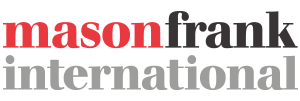
Insights for employers
Hiring Managers
Finding top Salesforce talent these days isn’t easy. With more and more companies using Salesforce, and not enough skilled people to go around, building a great Salesforce team can be a real challenge.
Smart hiring managers know that finding the right people isn’t just about filling a single role. They’re thinking bigger. They understand that sustainable Salesforce talent strategies are about creating a pool of talented candidates you can tap into when as your needs change and your Salesforce use cases grow. And that to do this, you might need to think outside the box with things like innovative compensation packages, working with schools to find new talent, or trying out different ways to train people.
In this section, we’ll share key insights from the Salesforce universe about how they’re attracting and keeping their best people, so you can use these tips to create a winning plan that makes your company a top choice for Salesforce superstars.
What strategies are employers using to stay competitive in attracting talent?


Employee skills training


Employee wellbeing initiatives
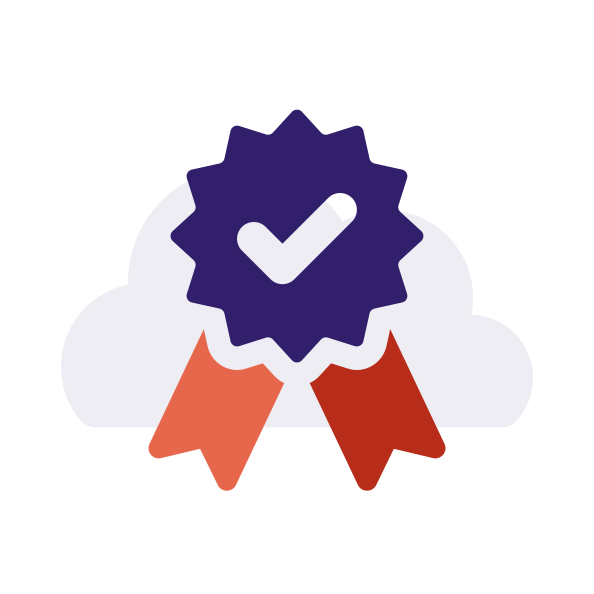

Engaging employees around the mission, vision, and values of the organization
| Increased benefits and perks | |
| New ways of working—including remote, hybrid, or flexible working | |
| Investment in training programs | |
| Salary increases | |
| Equality, diversity and inclusion-focused hiring practices | |
| Introduction of a bonus (monthly/bi-annual/year-end bonus) |
| Increased leadership visibility | |
| Environmental, social, and governance (ESG) policy | |
| Developing a business case for more resources | |
| Company profit sharing | |
| None of the above | |
| Other |
LinkedIn poll
*Data from a poll conducted on Mason Frank’s LinkedIn in July 2024.
Expert insight


Angela Murray heads up the delivery team at Hyphen8 and is passionate about ensuring the team delivers excellent services for their customers. She’s the Director responsible for HR and wellbeing at the organization, which was named the Best Salesforce Partner to Work For (UK) in 2024 by the Digital Revolution Awards. We chatted with Angela to learn more about how her team onboards new hires in a way that not only ensures they settle quickly, but also empowers them to grow from day one.
Laying the right foundations is key to welcoming new hires and setting them up for successful growth and development within your organization.
Before someone joins Hyphen8, we put together a comprehensive onboarding plan that allows lots of time to meet their teammates. We make it clear that the first couple of weeks are focused on settling in and not on delivering billable work—instead, catch up on recent company updates, chat with colleagues, and learn about what we do!
We create space for all employees, from new starters to company veterans, to contribute to our culture. Everyone is encouraged to suggest new initiatives, and we proactively include people from across the team in their implementation. As Directors, we ensure the team has opportunities to develop and run their own groups without our involvement. This includes work-related groups where they can come up with new business ideas, or social groups where they can just have fun.
We’re also passionate about nurturing development, both through companywide initiatives and personalized plans. One of our values is sharing knowledge, so we hold weekly enablement sessions, where the team shares knowledge on a specific topic, and show-and-tell sessions, where people give insights into the projects they’re working on.
Alongside this, everyone has access to our mentoring program and meets regularly with their line manager to discuss their aspirations. We have a career framework that maps out progression routes, and provide flexible quarterly training days for developmental courses or learning something new.
Finally, remote work is great—we’ve been ahead of the remote working curve at Hyphen8 for well over a decade—but it’s also important to get face-to-face time every now and again. We find that after people get together in ‘real life’, their collaboration is so much better than before.


Get in-demand Salesforce skills for all your project needs
Looking for mid-level Salesforce talent?


Hiring Salesforce professionals
Hiring managers tell us that, on average, it takes four months and two weeks to find a new Salesforce hire. And 44% of hiring managers told us they want to hire a Salesforce professional in the next 12 months. Of those planning to hire, two-fifths (68%, up from 41%) are confident they can find the right candidate on the first attempt, while 10% are not.
What are your top tech staffing challenges over the next 12 months?
In our last survey, respondents identified the increased competition for talent as the primary staffing challenge. However, this time the main issue is that organizations are struggling to pay the market rate for candidates.
Some companies are facing budget constraints from increased costs or economic changes, such as inflation or downturns, which impact their ability to offer competitive salaries. Fluctuations in the supply and demand for talent can also influence salary expectations. And a tighter labor market can drive up market rates, making it difficult for some organizations to keep up—with 32% of organizations still reporting an increased demand for talent.
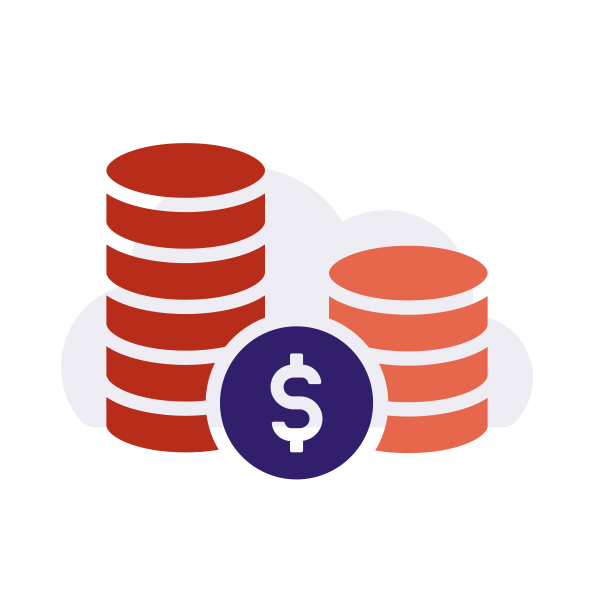


We struggle to pay the market rate/what candidates demand
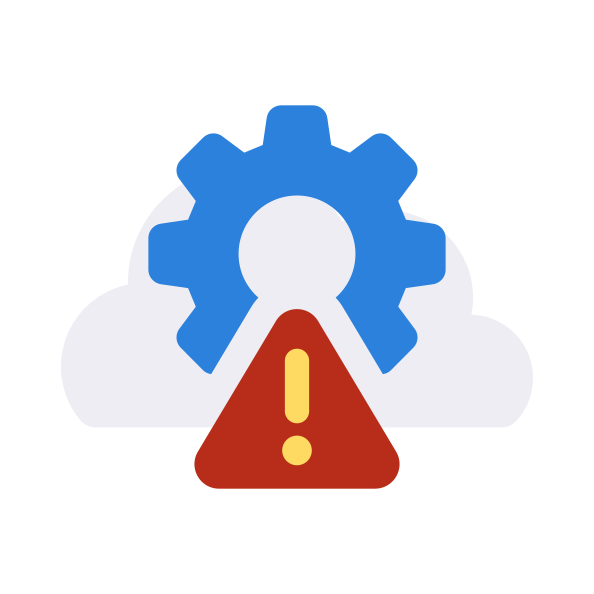

Lack of resource/
capacity in-house


Increased competition
for talent
| Buy-in from senior leadership on the need to recruit | 23% |
| Lack of skills/experience in the market | 22% |
| Lack of skills in-house | 21% |
| Talent retention | 21% |
| Personnel change (e.g., redundancies, restructure, and role changes) |
15% |
| Talent attraction | 13% |
| Managing remote employees | 11% |
| Our current training program is not effective in upskilling inexperienced candidates | 10% |
| Disengaged employees | 9% |
| We struggle to identify the skills we need/lack | 9% |
| An increase in demand for contractor/freelancers | 9% |
| Virtual recruiting | 3% |
| Not sure | 10% |
| Other | 3% |


Hiring manager at a Salesforce customer?


Hiring manager at a Salesforce Partner?
Are Salesforce professionals experiencing burnout?
Over half (51%, up from 38% in our last study) of permanent Salesforce professionals say they have experienced burnout in their current role, compared to 39% (up from 31%) of freelancers.
According to our respondents, what were the main reasons they experienced burnout?


Overwhelming workload


A lack of clarity around expectations and job responsibilities
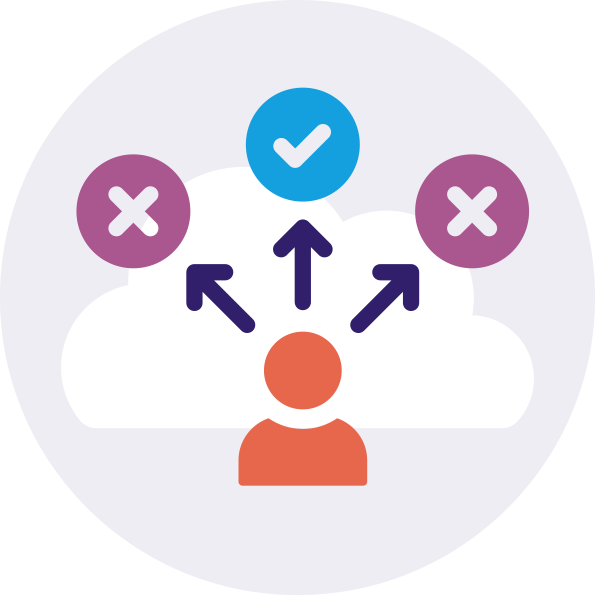

Insufficient autonomy/feeling a lack of control over job tasks, workload, and decision-making
| Toxic work culture | 9% |
| Challenges maintaining a healthy work-life balance | 8% |
| Interpersonal conflicts with colleagues | 5% |
| A lack of complexity and variety in my work | 5% |
| Inadequate recognition or rewards for contributions | 5% |
| Perceived unfairness in my organization (e.g., bias, favoritism, or unequal compensation) |
5% |
| Conflict with superiors or management | 3% |
| Lack of support from colleagues or management | 3% |
| Unreasonable working hours | 2% |
| Other | 4% |
What are the consequences of experiencing burnout for our respondents?
How is employee burnout impacting organizations?
(i.e., being physically present at work but not fully productive)
Conclusion
Burnout is on the rise. More than half (51%) of Salesforce professionals in permanent roles have experienced burnout—making a significant jump from 38% in our last study. Employee burnout can have a serious impact on an organization, impacting productivity and even driving turnover of valuable employees.
So what’s causing this increase in exhausted and disengaged employees? The ongoing talent shortage certainly isn’t helping, with an overwhelming workload cited as the primary cause for our respondents. Economic pressures could be contributing too, with employees struggling to do more with less because their organization can’t afford additional resources.
Whatever the reason behind this worrying spike in burnout, employers need to be proactive in tackling it in order to mitigate its potentially devastating effects on their business.
The future workplace
Are Salesforce professionals happy to work in the office five days a week?
-

 Yes, I'd be happy to work in the office full-time 8%
Yes, I'd be happy to work in the office full-time 8% -

 No, I'd prefer hybrid working (e.g., some of the time in the office and some at another remote location/home) 39%
No, I'd prefer hybrid working (e.g., some of the time in the office and some at another remote location/home) 39% -

 No, I'd prefer to work fully remote 51%
No, I'd prefer to work fully remote 51% -

 Not sure 2%
Not sure 2%
The preference of 51% of our respondents (up 2% from our previous survey) would be to work entirely remotely.


Yes


No


Not sure
| 90% | 4% | 6% |
|---|
| 88% | 5% | 7% |
|---|
LinkedIn poll
*Data taken from a poll conducted on Mason Frank’s LinkedIn in August 2024
The future of work
We all know that the world of work has changed a lot lately, and according to our data, most Salesforce pros are continuing to lean into the remote working life. This year, over half of respondents (51%) said they’d prefer to work from home full-time, with just 8% saying they’d be happy to work from an office five days a week. Even those respondents who are currently unemployed were skeptical about fully on-site roles, with just 36% telling us they were likely to accept a position that involved being in the office full time.
That said, we shouldn’t be throwing out the office as a concept altogether. Many Salesforce folks prefer a mix of home and office life, with 39% stating that a mixture of at-home and in-office working would be their ideal model.
Giving people the freedom to work where and when they want can be a game-changer when it comes to hiring and retention, so it’s no surprise that most hiring managers agree that flexible work options help them attract (90%) and keep (88%) top talent. Clearly, companies that stick to old-school work rules are putting themselves on the back foot in an already competitive talent market.


Insights from currently unemployed Salesforce professionals
Top factors that are important to unemployed professionals when seeking a role
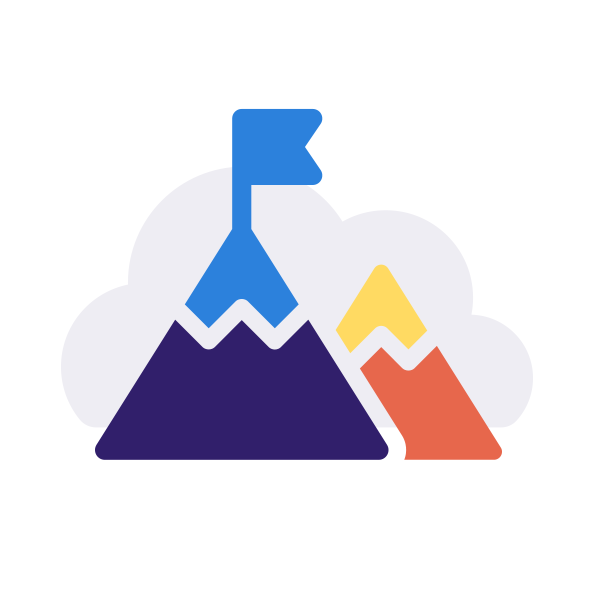

Career progression opportunities
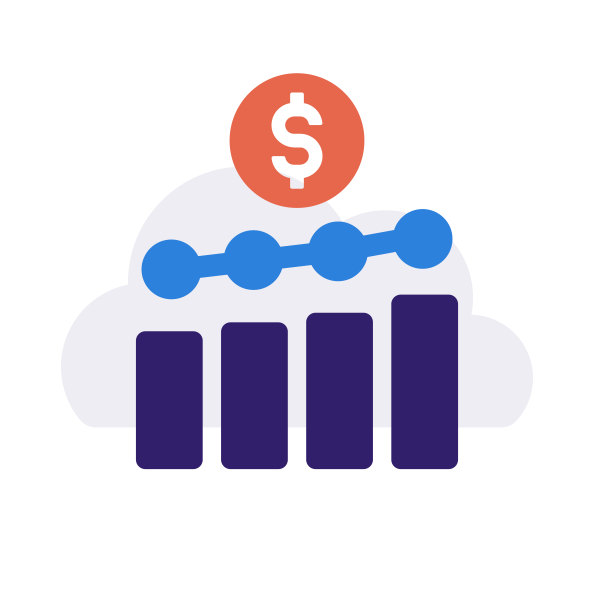

Company security and stability



Salary
| Work-life balance | |
| Remote working | |
| Company's values and culture align with my own | |
| Flexible working | |
| New challenges | |
| Valuable work/feeling like your work will make a positive impact | |
| Health/medical insurance |
How likely are unemployed professionals to accept a role that involves working in the office five days a week?
-

 Likely 36%
Likely 36% -

 Neither likely nor unlikely 15%
Neither likely nor unlikely 15% -

 Unlikely 44%
Unlikely 44%
Takeaways for hiring managers
Year after year, hiring managers in the Salesforce ecosystem consistently identify talent acquisition as a primary challenge. While competitive compensation packages undoubtedly play a role, our research indicates that other factors are even more influential in attracting top Salesforce professionals.
Flexibility and work-life balance have emerged as paramount considerations for job seekers. A striking 90% of respondents express a preference for fully remote or hybrid work arrangements. To effectively compete for talent, organizations must prioritize these preferences.
Our findings reveal a shift in recruitment strategies. While salary increases remain important, they fall behind upskilling opportunities, flexible working, and employee wellbeing initiatives in candidates’ rankings, underscoring the pressing need for employers to adopt a holistic approach to talent acquisition.
To successfully attract and retain Salesforce talent, organizations should focus on creating a work environment that prioritizes employee wellbeing, offers opportunities for professional growth, and provides the flexibility to balance personal and professional commitments. By implementing these strategies, employers can position themselves as an employer of choice in the competitive Salesforce market.
MASON FRANK’S
CAREERS AND HIRING GUIDE
KEY FINDINGS 2025


